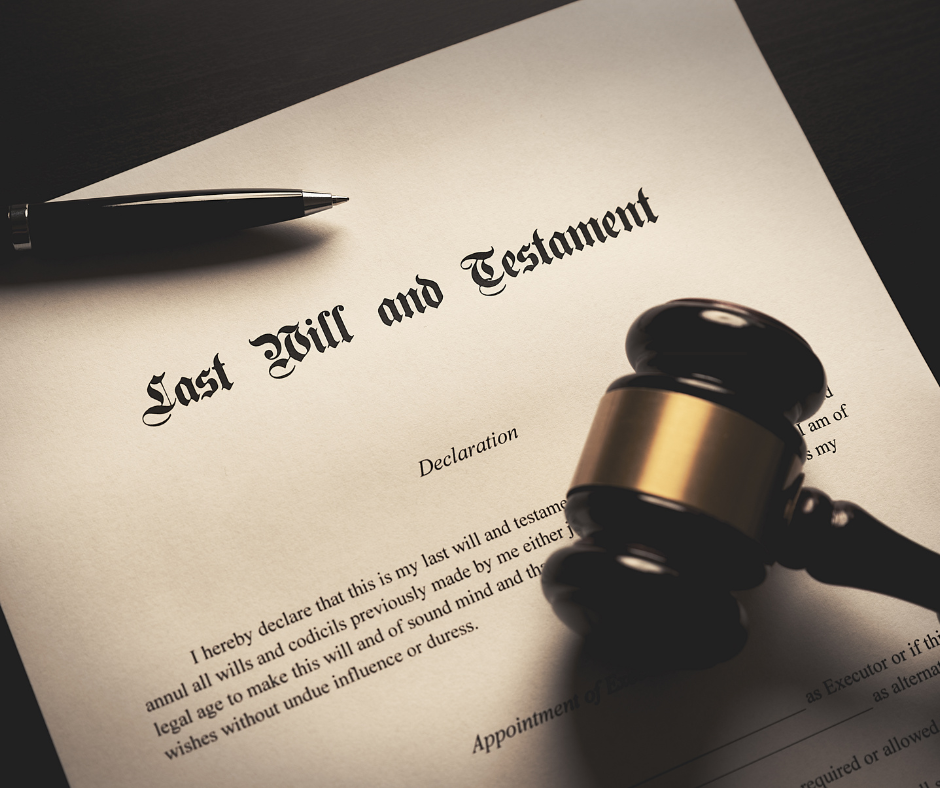It’s a common misconception: if you don’t have children, you might think a will isn’t necessary. After all, who are you leaving things to? However, an experienced Minnesota estate lawyer will tell you that having a will is crucial for everyone, regardless of their family structure. Whether you’re single, married, in a partnership, or simply don’t have children, a will is the cornerstone of a comprehensive estate plan.
The Myth: No Kids, No Will Needed
Many people associate wills primarily with designating guardians for minor children or ensuring a direct lineage receives assets. This leads to the mistaken belief that without offspring, the need for a legal document dictating asset distribution diminishes. But the truth is, your assets, your legacy, and your wishes still require clear direction.
The Reality: Your Will Still Matters (A Lot!)
Even without children, a will serves several vital purposes:
- You Choose Your Beneficiaries: Without a will, state law dictates who inherits your property. This means if you have no direct heirs, your assets could go to distant relatives you’ve never met, or even to the state if no relatives can be located. A will allows you to specifically name individuals (friends, nieces, nephews, beloved caregivers, or even a partner not legally recognized as an heir) and organizations (charities, schools, churches) to receive your assets. This ensures your hard-earned assets benefit the people and causes you choose, providing clarity and peace of mind.
- Support Causes You Care About: If you have passions or causes that are important to you, a will is the primary tool for making charitable bequests. You can leave a specific amount, a percentage of your estate, or even specific assets like real estate or investments to a charity, school, church, or any non-profit organization you care deeply about. This allows you to support causes long after you’re gone and make a lasting impact on your community..
- Appoint Your Agent: A will allows you to name an executor (also called a personal representative) – the person or entity responsible for carrying out the instructions in your will, paying debts, and distributing your assets. Without a will, the court will appoint an administrator, which can be a lengthy, costly, and potentially contentious process.
- Provide for Pets: For many without children, pets are beloved family members. A will can include provisions for the care of your pets, including naming a caregiver and allocating funds for their future well-being.
- Express Final Wishes: Beyond assets, a will can be a place to express wishes regarding your funeral or memorial arrangements, giving your loved ones clear guidance during a difficult time.
- Avoid Intestacy & Protect Privacy: Dying without a will means your estate will go through probate under state intestacy laws, which is a public process where anyone can access information about your assets, debts, and who received what. A will helps streamline this process and, when combined with other tools like a trust, can help maintain privacy.
What If I Have a Partner But We’re Not Married?
This scenario is particularly important. Without a will, state intestacy laws typically do not recognize unmarried partners as legal heirs. This means your long-term partner could be left with nothing, or face significant legal battles to claim any assets. A will is absolutely essential to ensure your partner is provided for according to your wishes.
Consult a Minnesota Estate Lawyer
While the concept of a will might seem simple, drafting one that effectively achieves your goals and complies with all state laws requires professional guidance. A Minnesota estate lawyer can help you:
- Identify all potential beneficiaries and charitable organizations.
- Structure your bequests clearly to avoid ambiguity.
- Appoint a reliable Personal Representative and successor.
- Integrate your will with other estate planning tools, such as a living trust, which can offer additional benefits like avoiding probate and providing protection during incapacity.
- Ensure your document is legally sound and updated as life changes occur.
Don’t let the absence of children lead you to believe you don’t need a will. It’s a fundamental step in ensuring your wishes are honored, your assets are distributed as you intend, and your legacy endures. Contact our Minnesota office at 763-244-2949 today to secure your future.


